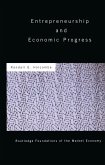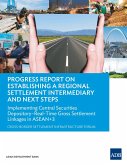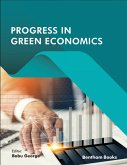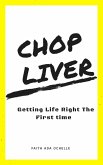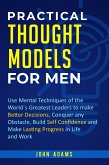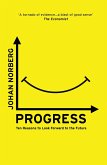This book is a collection of six articles on economic topics of current interest presented in six chapters.
The first chapter, 'Eco Ethical Views of Tagore and Amartya Sen', is a comparative study of the views on Ethics and Ecology of Rabindranath Tagore and Amartya Sen, the two Bengali Nobel laureates from India.
The second chapter, 'Poverty and Ethics', deals with the Ethical reasons for perpetuation of poverty in spite of material progress in course of human history.
The third chapter, 'Material Progress and Ethics: a Historical Perspective', visualizes the propelling force of human society as the conflict between unbridled self-interest and social ethics, contesting the Marxian theory of 'class struggle'.
The fourth chapter 'Human Development According to Adam Smith and Karl Marx' is a comparative study of the concepts of Human Development embedded in the writings of Adam Smith, the father of modern economics and Karl Marx.
The fifth chapter, 'Human Development in Ancient Indian Texts' takes up the issue of human development embodied in ancient Indian texts.
The sixth chapter, 'Theory of Kingship in Ancient India' discusses the process of ensuring a perfect ruler as prescribed in the ancient Indian texts.
The first chapter, 'Eco Ethical Views of Tagore and Amartya Sen', is a comparative study of the views on Ethics and Ecology of Rabindranath Tagore and Amartya Sen, the two Bengali Nobel laureates from India.
The second chapter, 'Poverty and Ethics', deals with the Ethical reasons for perpetuation of poverty in spite of material progress in course of human history.
The third chapter, 'Material Progress and Ethics: a Historical Perspective', visualizes the propelling force of human society as the conflict between unbridled self-interest and social ethics, contesting the Marxian theory of 'class struggle'.
The fourth chapter 'Human Development According to Adam Smith and Karl Marx' is a comparative study of the concepts of Human Development embedded in the writings of Adam Smith, the father of modern economics and Karl Marx.
The fifth chapter, 'Human Development in Ancient Indian Texts' takes up the issue of human development embodied in ancient Indian texts.
The sixth chapter, 'Theory of Kingship in Ancient India' discusses the process of ensuring a perfect ruler as prescribed in the ancient Indian texts.
Dieser Download kann aus rechtlichen Gründen nur mit Rechnungsadresse in A, B, CY, CZ, D, DK, EW, E, FIN, F, GR, H, IRL, I, LT, L, LR, M, NL, PL, P, R, S, SLO, SK ausgeliefert werden.



